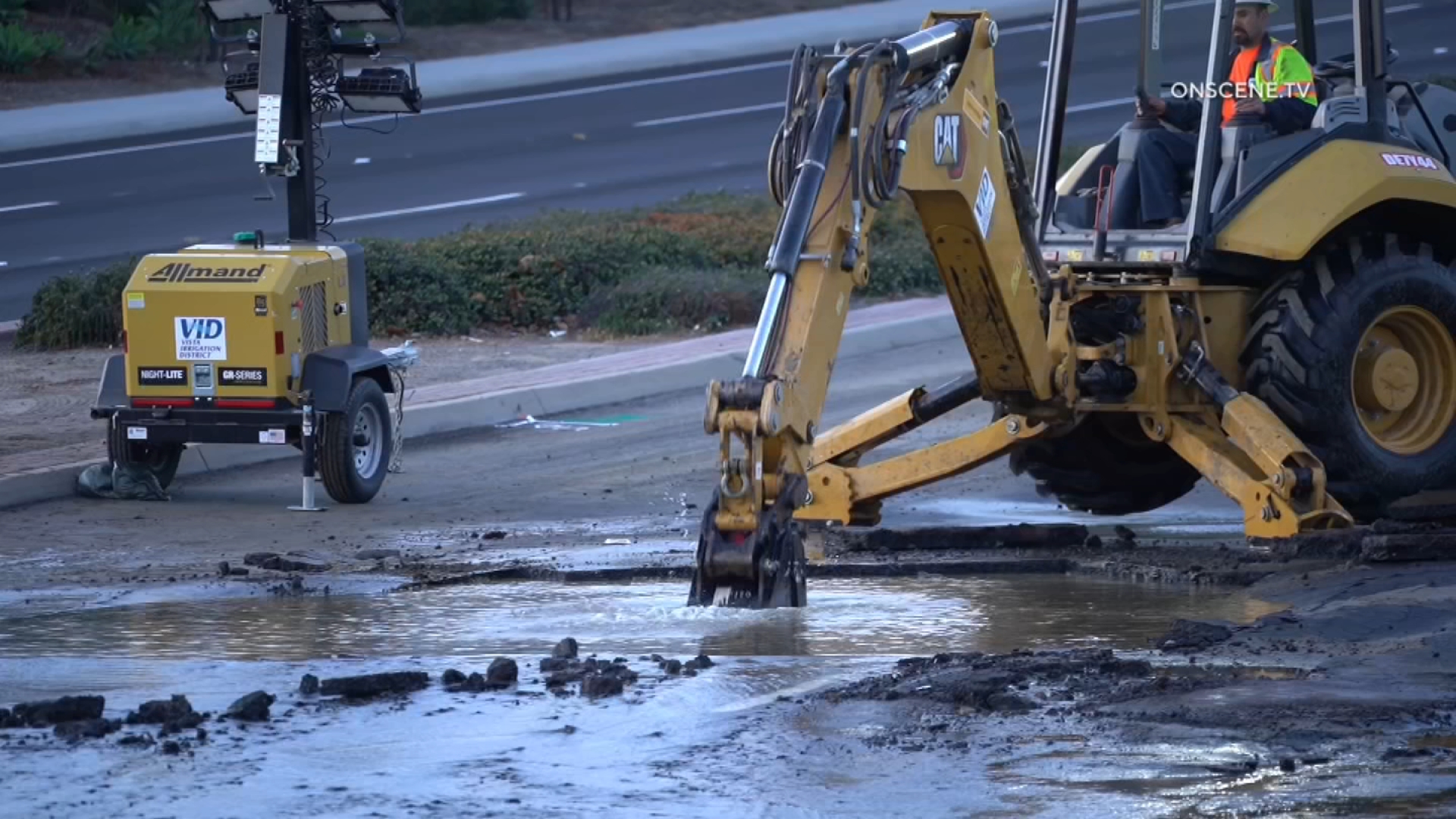As a member of San Diego County’s Covid-19 Equity Task Force, Leticia Cazares is focused on keeping the county safe.
And while she keeps a close watch on the numbers, the San Diego State University public health professor's COVID-19 experience doesn't just come from the data -- it's also deeply personal.
“My great-aunt was 84 and had to be hospitalized for two months,” Cazares said.
Cazares has also had friends affected, and while living in the Chula Vista community, she’s seen how the coronavirus has disproportionately affected the South Bay.
It’s part of the reason why Cazares and others on the San Diego County’s Covid-19 Equity Task Force have pushed the county to use the health equity score.
Cazares said that instead of just reporting broad countywide numbers, the new equity metric drills down, looking at factors that contribute to health outcomes like COVID-19, things like, “where they work. It also looks at their access to, you know, resources, social services, food, housing. It looks at their level of education and their income.”
‘Equity Metric' Adds Another Condition Large Counties Must Meet to Reopen
Chula Vista mayor Mary Casillas Salas said the new metric could mean more funding for testing, tracing and treatment in the hardest-hit communities.
“It clearly shows inequities in different areas, creates incentives to invest in those communities highly impacted,” Salas said.
Salas noted that’s important when considering measures to put in place to address the disparity in cases in places like the South Bay versus places like Coronado or Encinitas.
“They got the same amount of money to combat COVID expenses as the city of Chula Vista did when we had to put more aggressive measures in place that were more costly to the city, and so you see about, you know, the inequities," Salas said.
The health equity score is a change from the early days of the pandemic that task-force members and others hope will provide more targeted information to improve the countywide tier status and overall public health safety.
“The more the more transparency, the more we will be able to flatten the curve and move to the orange tier," Cazares said.
The county has to submit a plan to the state by next Tuesday about how it plans to increase investments in testing, tracing and treatment in underserved communities.
One of the things planned is funding the Chicano Federation to work with a coalition of 10 nonprofits. which will help deliver services and be trusted messengers to provide information, as well as housing vouchers for people who fall ill while living in multigenerational homes.



